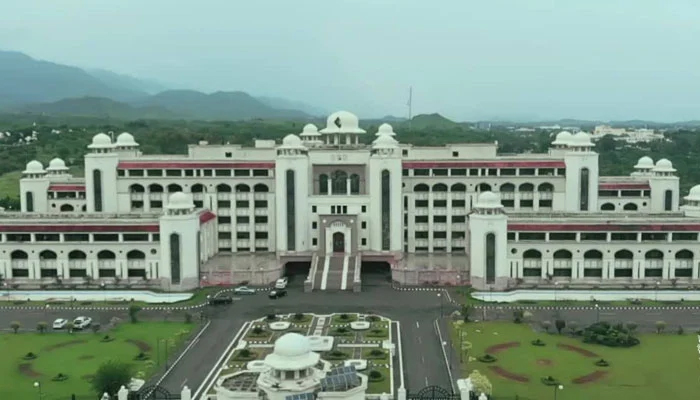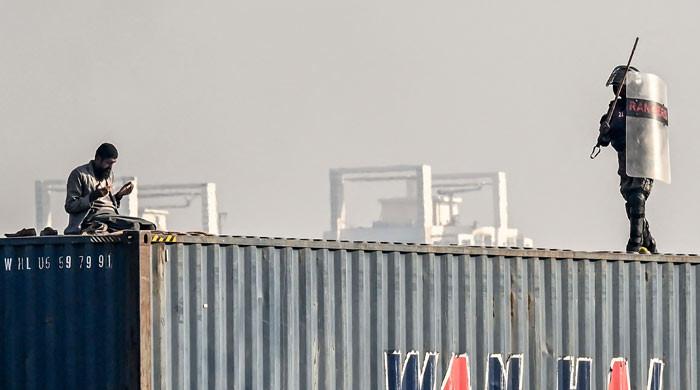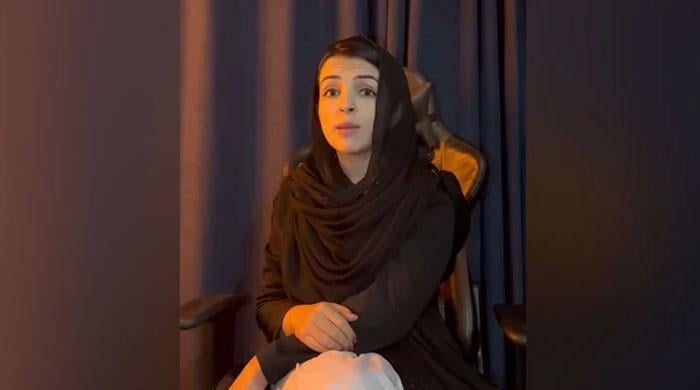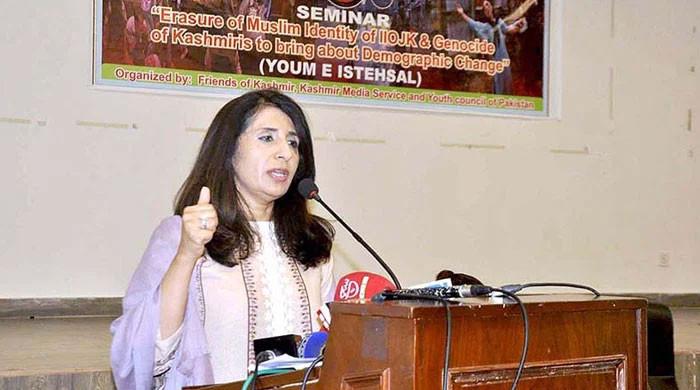Senior civil servants await postings
48 senior bureaucrats from various services cadres are awaiting postings by Establishment Division
November 22, 2023

As many as 48 senior bureaucrats from various services cadres are awaiting postings by the Establishment Division. Some of them have been Officers on Special Duties (OSDs) for more than a year while others are nearing one year.
Many of these officers have distinguished careers and service records. Some of them are also recipients of civil awards in recognition of their meritorious services.
These senior officers are between grade 20 to grade 22 and belong to the Pakistan Administrative Service, Police Service, Secretariat Group, Inland Revenue Service, Customs Service, Information Group, and Pakistan Audit and Accounts.
The offices include federal secretaries, additional secretaries, joint secretaries and the inspector general of police. As many as 14 officers are in grade 22, another 14 in grade 21, and 20 are in grade 20.
Officers in grade 22 include Zafar Hassan, Mohammed Azam Khan, Umar Rasool, Mohammed Usman Chachar, Abdul Aziz Oqaili, and Ezaz Aslam Dar. Other officers include Tahir Khursheed, Gulzar Hussain Shah, Musaddiq Ahmed Khan, Sanaullah Abbasi, Mushtaq Ahmed Maher, Dr Mohammed Sulaiman, Farrukh Shahrukh, Mohammad Amir Zulfiqar Khan, Inam Ghani, Ahmed Mukhram, Mohammad Sayeed, Farina Mazhar, Abdul Ghufran Memon and Sohail Ali Khan.
The delay in their postings persists despite a Supreme Court ruling in a constitutional petition titled Anita Turab versus Federation of Pakistan, which had decided that no government employee should be posted as OSD except under compelling circumstances.
The ruling further placing an officer as OSD was tantamount to penalising him/her because the expression OSD was not known to either the Civil Servant Act, 1973 or Civil Servants Appointment, Promotion, and Transfer Rules, 1973.
The Supreme Court had further ruled that officers should not be posted as OSD except for compelling reasons, which must be recorded in writing, and which can be subjected to judicial review. If at all an officer is to be posted as OSD, such postings should be for the minimum period possible and only if there is a disciplinary inquiry going on against him. Such inquiry must be completed at the earliest, the court further ruled.
Further, the Supreme Court commented that transfers of civil servants by political figures were not legally sustainable.
A senior bureaucrat, talking to The News on condition of anonymity, said “The continued delay in the postings points to serious issues in the service structure and is extremely demoralising.”
“In the past, it was a practice the Secretaries Committee would cognisance of victimisation and witch-hunting of their officers and would protect their rights and look after their welfare. The committee would act as a buffer against the unfair demands of the political leadership and would convince them of the postings of the competent officers. Now, the Secretaries Committees has been reduced to non-existence and has lost its utility for the protection and growth of civil bureaucracy,” he said.
The officer lamented that it was tragic that such a situation had arisen despite several Supreme Court judgments which laid down the principles in support of the civil bureaucracy to function without fear and favour and without any political intervention.
He added that the Establishment Division, which was the custodian of rules and regulations, had failed to make use of these court rulings to protect the interests of senior civil servants.











